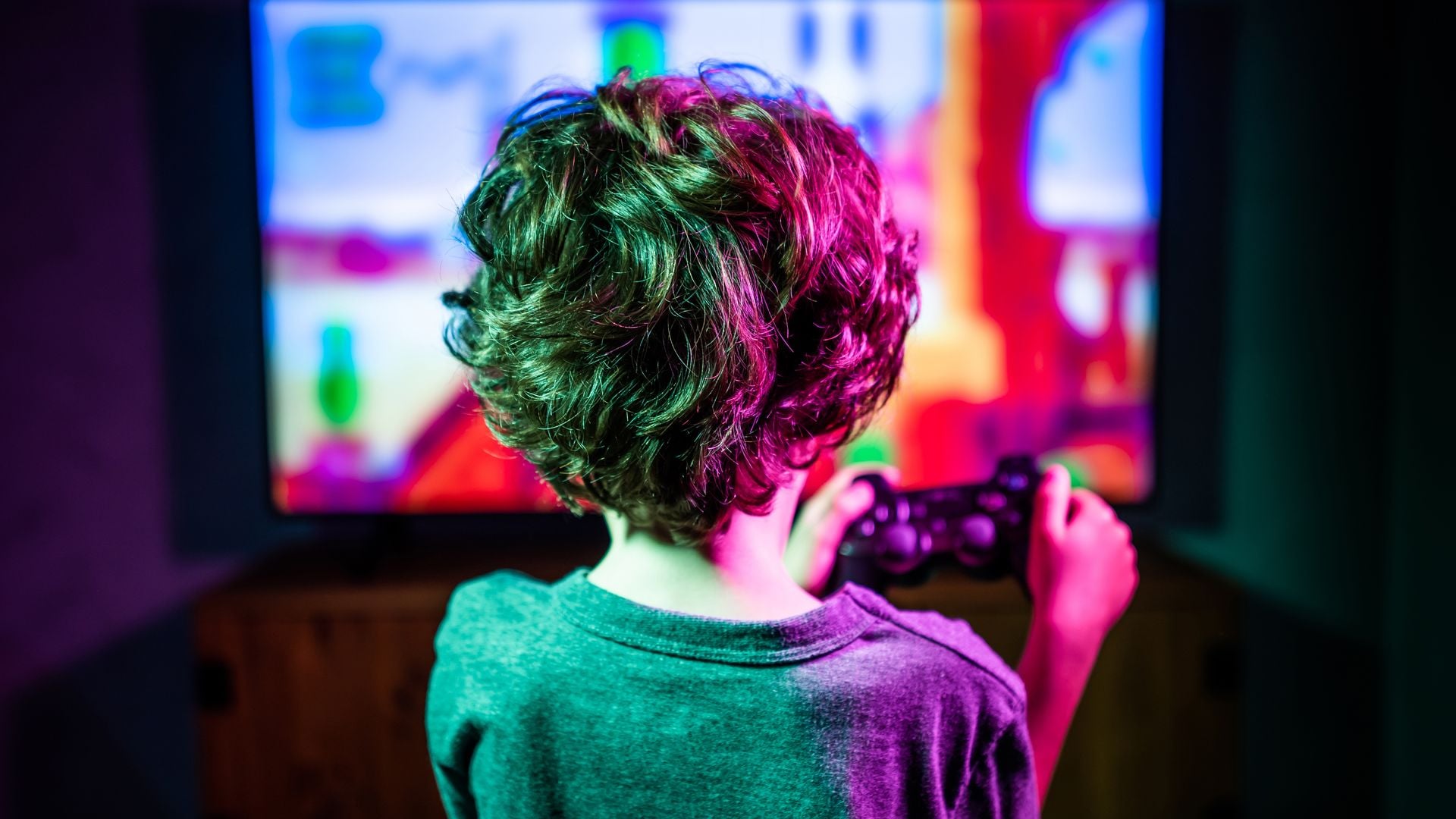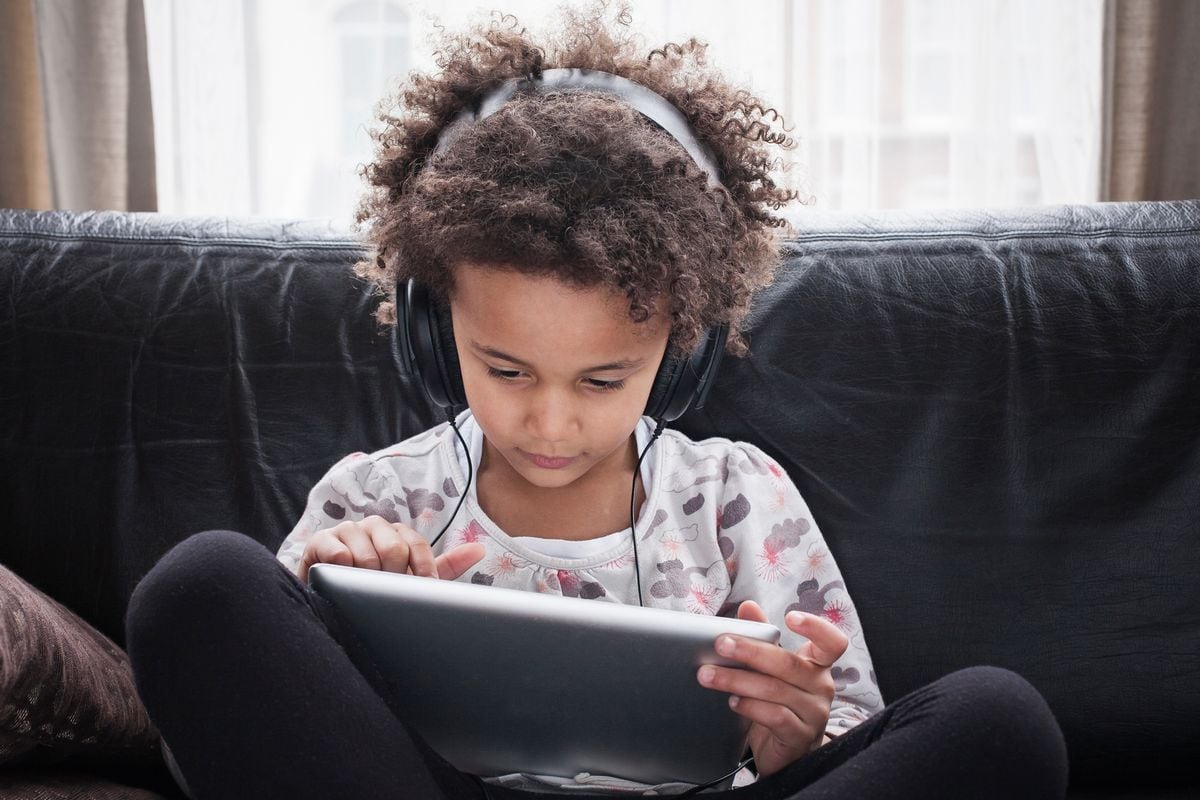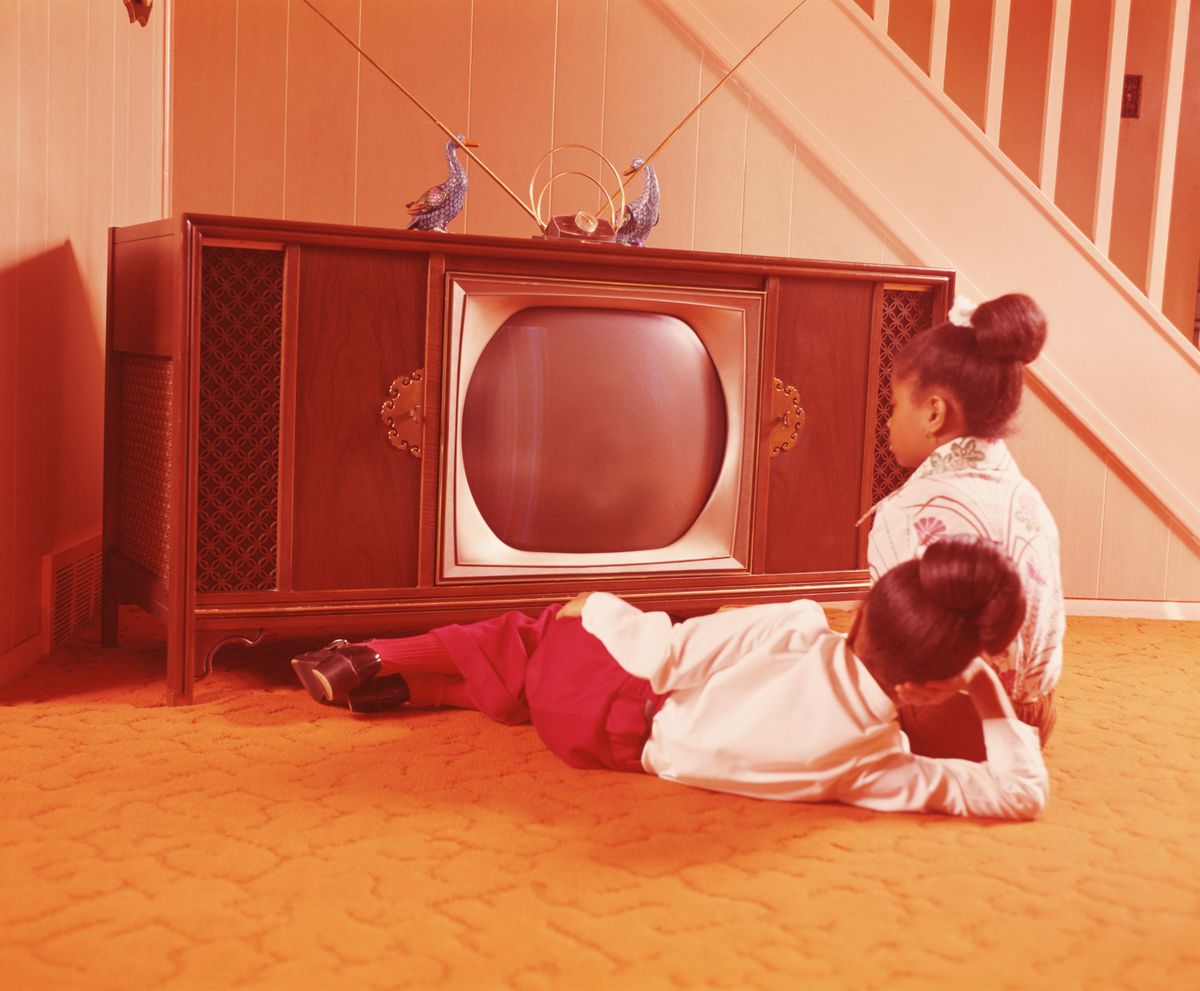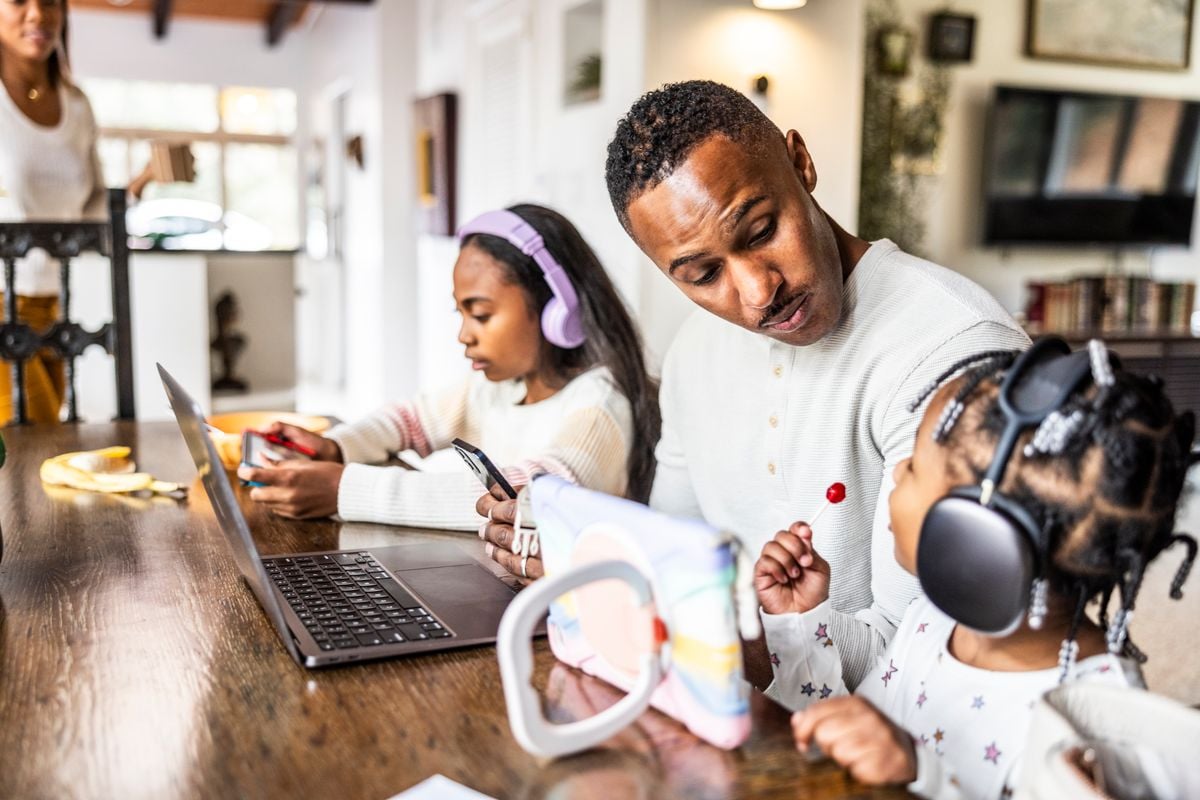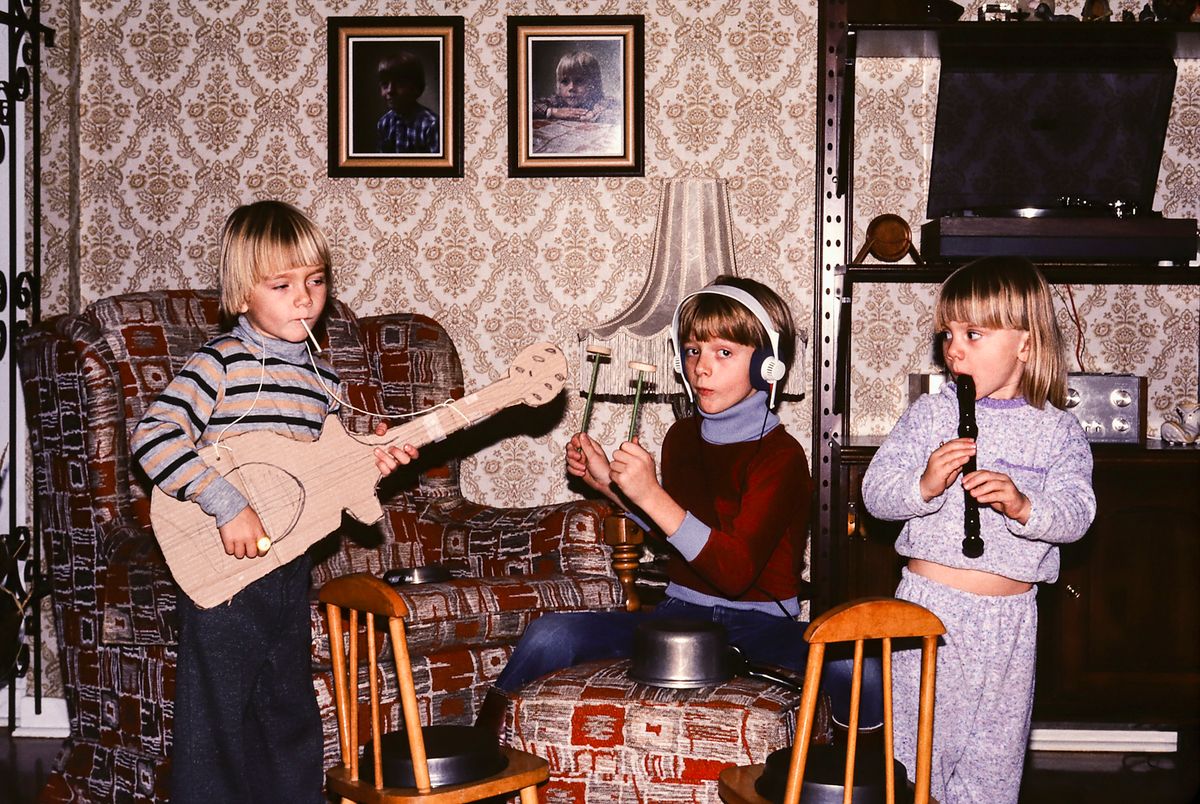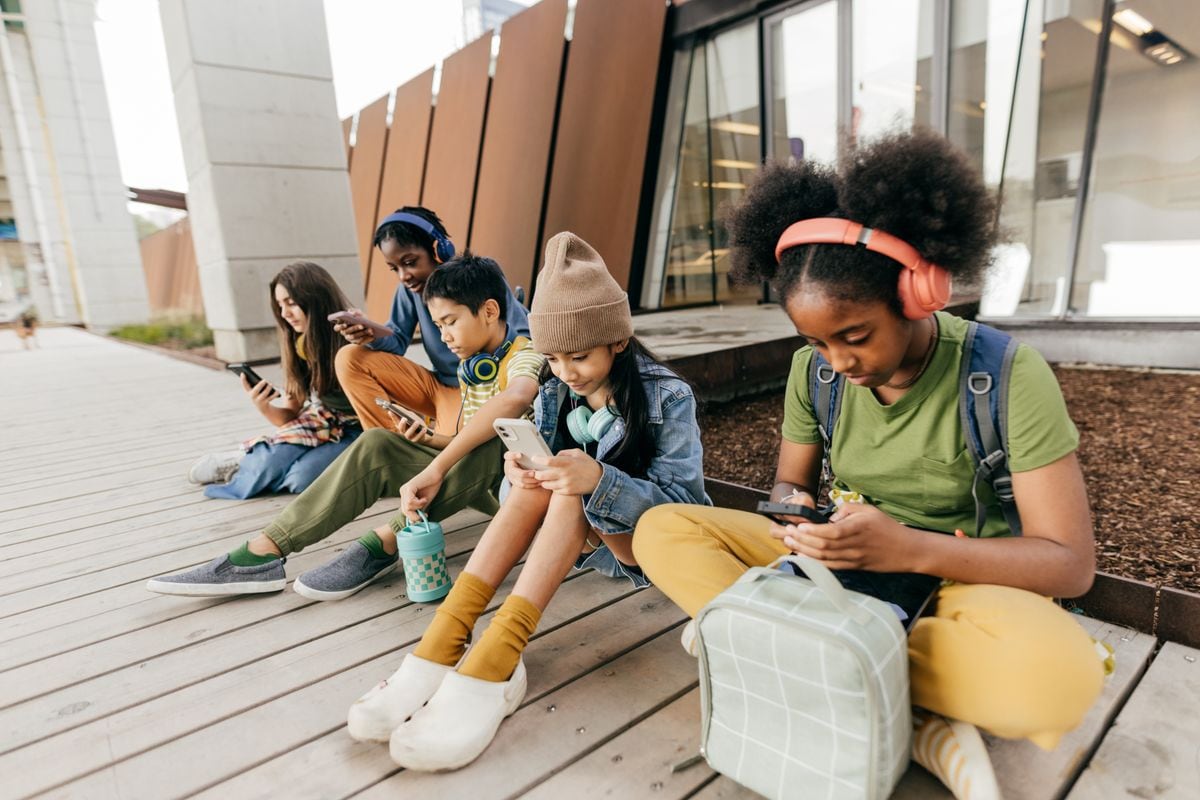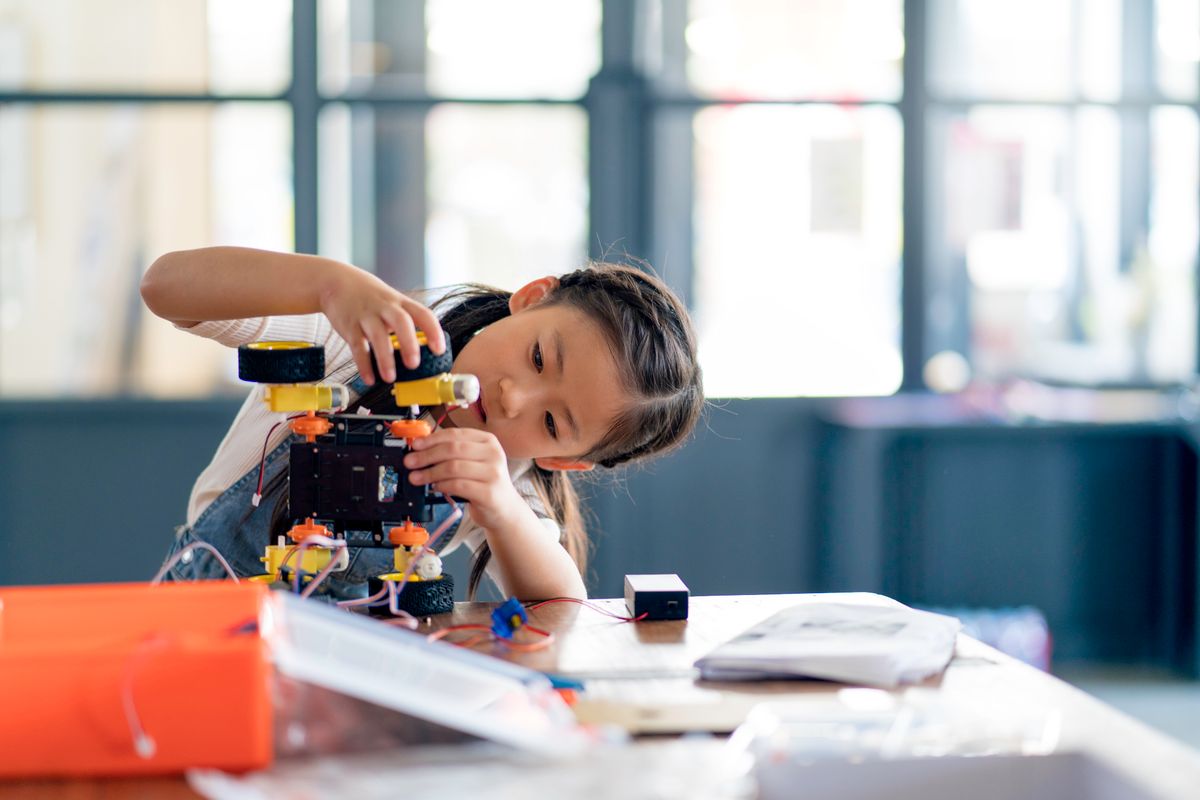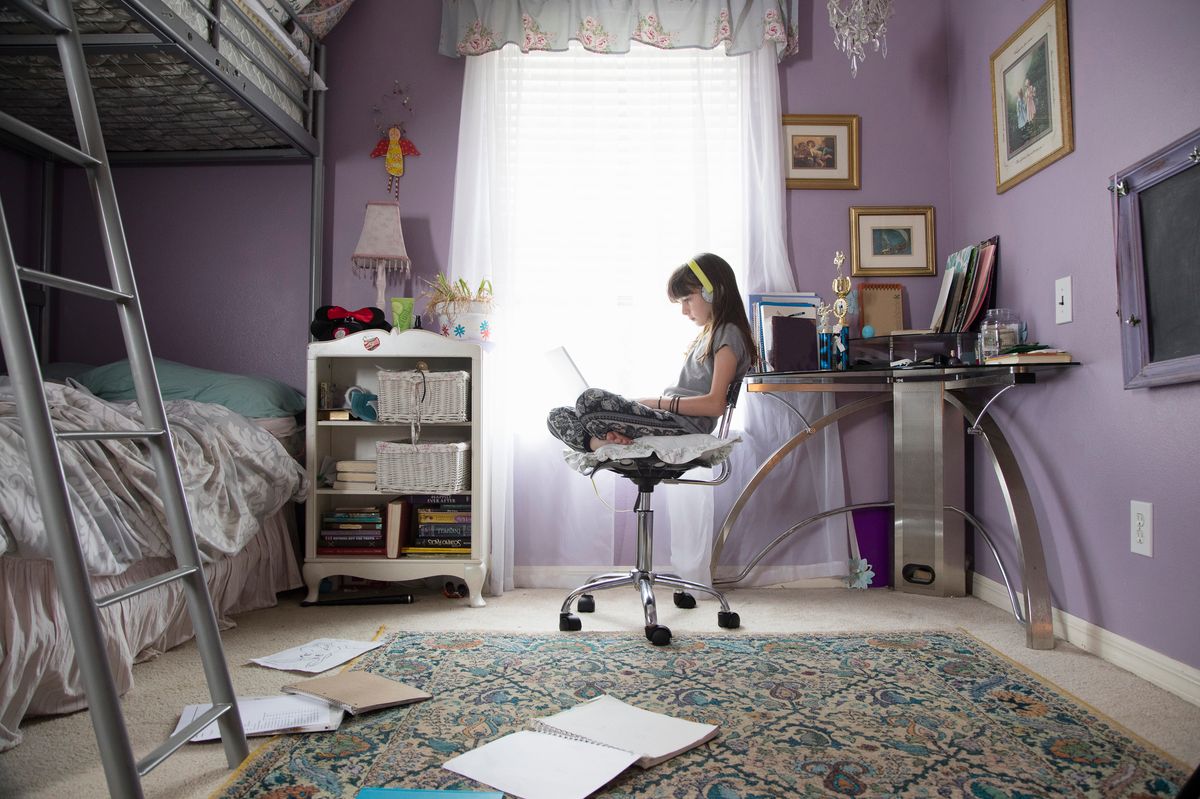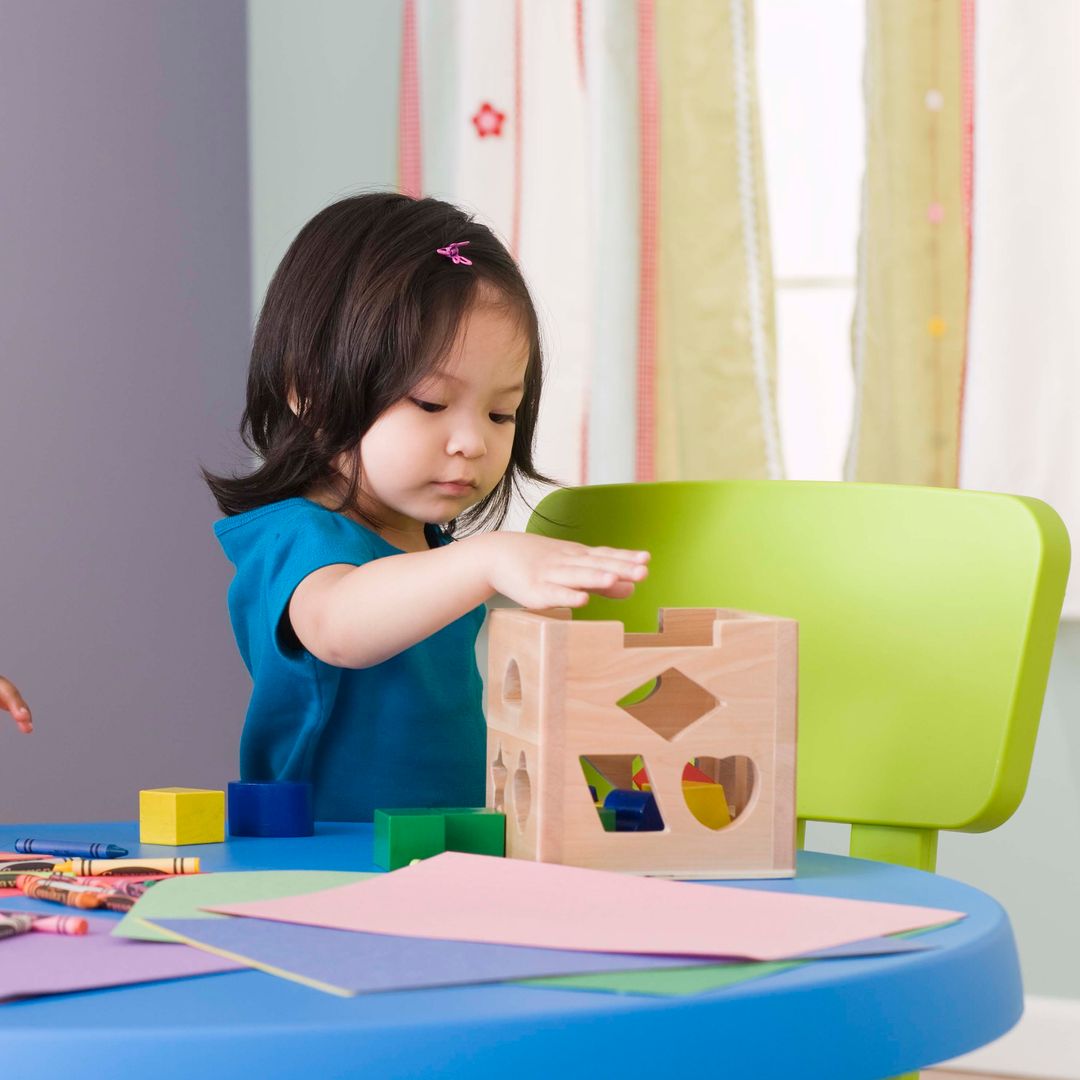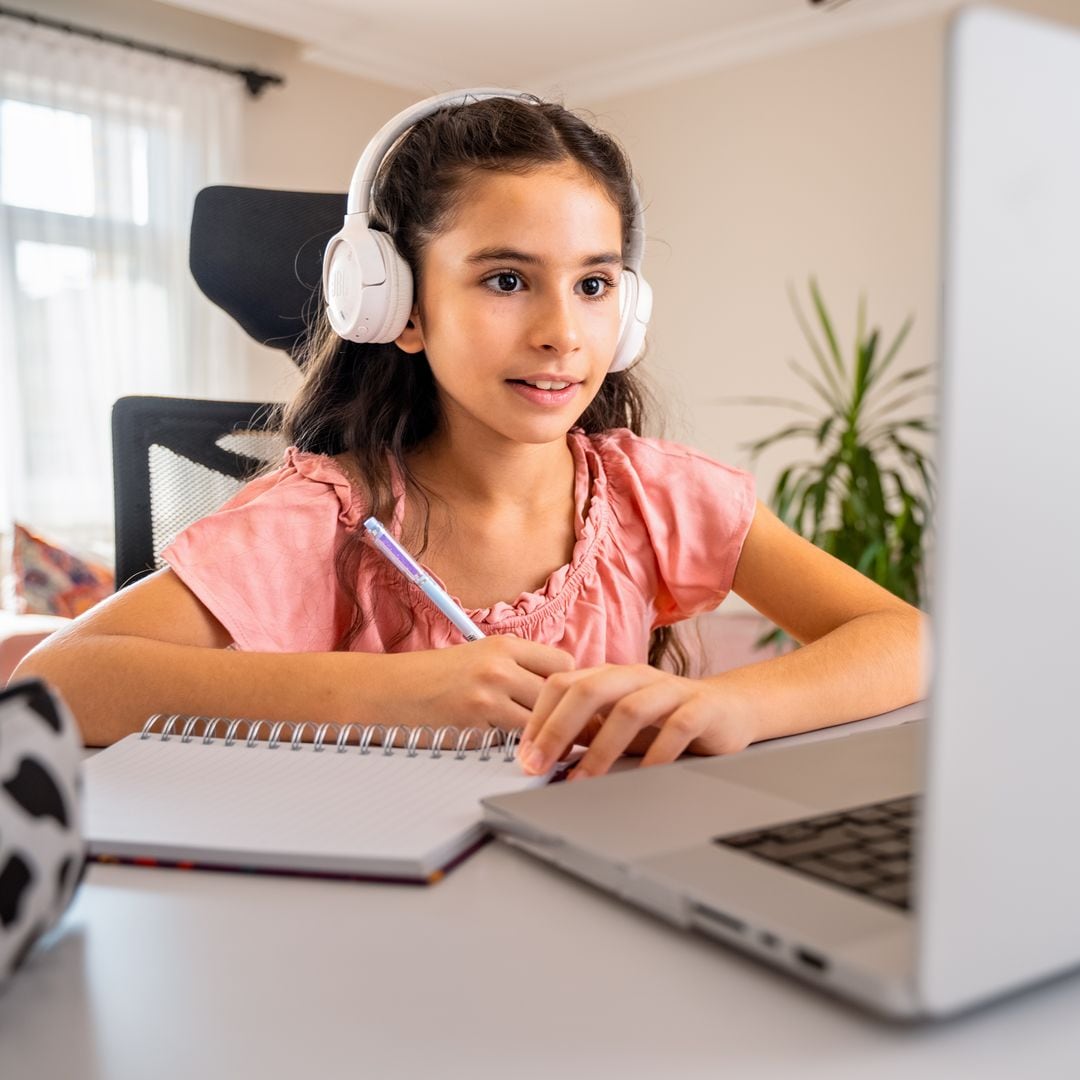Managing kids’ screen time is one of the most pressing challenges for today’s parents. Between iPads, TVs, YouTube, and smartphones, screens are everywhere, and while they can be helpful tools, the research reveals that too much, too early, can impact development. So what’s a parent supposed to do?
We spoke with child development experts, doctors, psychologists, and parenting coaches to bring you the most comprehensive advice on what’s really best for kids, and how to survive as a busy parent in the digital age.
Why Early Screen Exposure Matters
Dr. Ali Shehata, a board-certified family and emergency medicine physician, doesn’t mince words: “Current expert recommendations, such as from the American Academy of Pediatrics, recommend no screen time before 18 months of age, with some other notable international organizations pushing that out to 24 months of age.”
Why so strict? Dr. Shehata points to research showing links between early screen use and difficulties with concentration, attention span, and emotional regulation. “The brains of our babies and toddlers need interaction with the world around them, the most important part of which is you, for healthy intellectual and emotional development.”
What about the old-school cartoons many adults grew up on? Dr. Shehata draws an important distinction: “We can distinguish between the Saturday morning cartoons we watched as children, in terms of their pacing and limited changes in scenes, and today’s very high-paced shows that often cause sensory overload for even adults.”
The Quality of Content Counts
Amy Dykstra, a registered psychologist, emphasizes that not all screen time is created equal. “What you want to avoid is giving your baby or toddler ‘iPad time,’ or allowing them TV time with kids' programming that features fast-paced storylines, quick edits, bright colors, lots of movement, and intense sounds,” the expert said.
She warns that this type of content has been linked to inattention, academic struggles, and challenges with social skills later in life. But she also acknowledges reality: “If turning on the TV for 15 minutes buys you some time to make a dinner that you’ll later all sit down to enjoy together—that’s ok too! Just be mindful of the quality of programming, avoid excessive use, and balance it with real-life connections.”
Why “Screen Time” Isn’t One-Size-Fits-All
Pediatric speech-language pathologist Tala Hershey reminds us that the term “screen time” is far too broad. “A fast-paced YouTube clip, an interactive game, FaceTime with grandparents, a TV show, a movie, the list is endless. That’s why ‘screen time’ needs more nuance than just minutes per day," Hershey said.
She also points out that background TV can be more damaging than many parents realize: “It interferes with children’s attention and reduces parent-child interactions.” Instead of banning screens outright, Hershey suggests co-viewing when possible and making everyday activities interactive. “Teach your toddler language while folding laundry or watering plants—any activity can become a language lesson," Tala says.
The New Digital Reality
Dr. Jessica Flannery, Chief Parent at Aura, highlights how technology has changed since parents were kids. “The content they’re consuming today isn’t the same as the TV shows of 20 years ago: it’s on-demand, algorithm-driven, and often designed to keep kids watching for as long as possible.”
She warns that overexposure has been linked to insomnia, shorter attention spans, vision problems, and even social isolation. Her advice is to “set healthy digital boundaries early on. Simple steps like creating phone-free zones, limiting screen time for toddlers, and prioritizing playtime without tech can help kids develop a healthier relationship with technology.”
Parenting in the Early Years
Parenting coach Blanka Molnar puts it bluntly: “The first five years are the formative years when brain development is at its peak. With lots of screen time, kids’ brains are bombarded with content that might not be appropriate, overwhelming their sensitive, developing nervous system.”
Her advice is to stick with slower-paced shows if screens are used at all. “Actually, those from the 80s and 90s are great—they’re gentler, less stimulating, and allow kids to process what they’re watching,” she adds.
The Research You Should Know
A recent Drexel University study backs up what these experts are warning about. The findings showed that exposing children under age 2 to screens significantly increases the risk of sensory processing issues. By 12 months, kids are 105% more likely to develop high sensory behaviors if exposed to screens.
By 18 months, the risk rises by 23% for each additional hour of screen time, and by 24 months, it climbs another 20%. This research makes clear that even though today’s adults “grew up watching TV early,” the environment has changed dramatically.
Real-World Alternatives to Screens
So, what can parents do instead of relying on screens? Here are some expert-approved ideas:
- Cook together: Let your toddler explore safe kitchen tools or stir ingredients while you explain what you’re doing.
- Toy rotation: Put away some toys and reintroduce them later to keep things exciting.
- Nature and play: Gardening, building with Legos, or even watering plants can be engaging, educational, and fun.
- Language-rich routines: Use daily activities like folding laundry or grocery shopping to teach new words and encourage conversation.
- Be the “show”: As Dr. Shehata says, “You are the star of the reality show that matters the most to them, so put on a show!”
Managing kids’ screen time isn’t about perfection; it’s about balance, intention, and connection. A few minutes of calm, age-appropriate screen time won’t ruin your child, but relying on screens as the primary form of entertainment can have lasting effects.
As every expert we spoke with emphasized, the key is not the screen itself, but what it’s replacing. Kids need interaction, imagination, and real-world experiences. The good news is that parents don’t need to reinvent the wheel. Everyday moments like cooking, playing, gardening, and talking are the very best alternatives to screens.
Modern Mami is a parenting and lifestyle column by ¡HOLA! Senior Writer Shirley Gómez, a Latina millennial mom raising a toddler. Focused on the realities of modern motherhood through a Latina lens, the column covers topics ranging from wellness and culture to parenting tips and expert advice.
